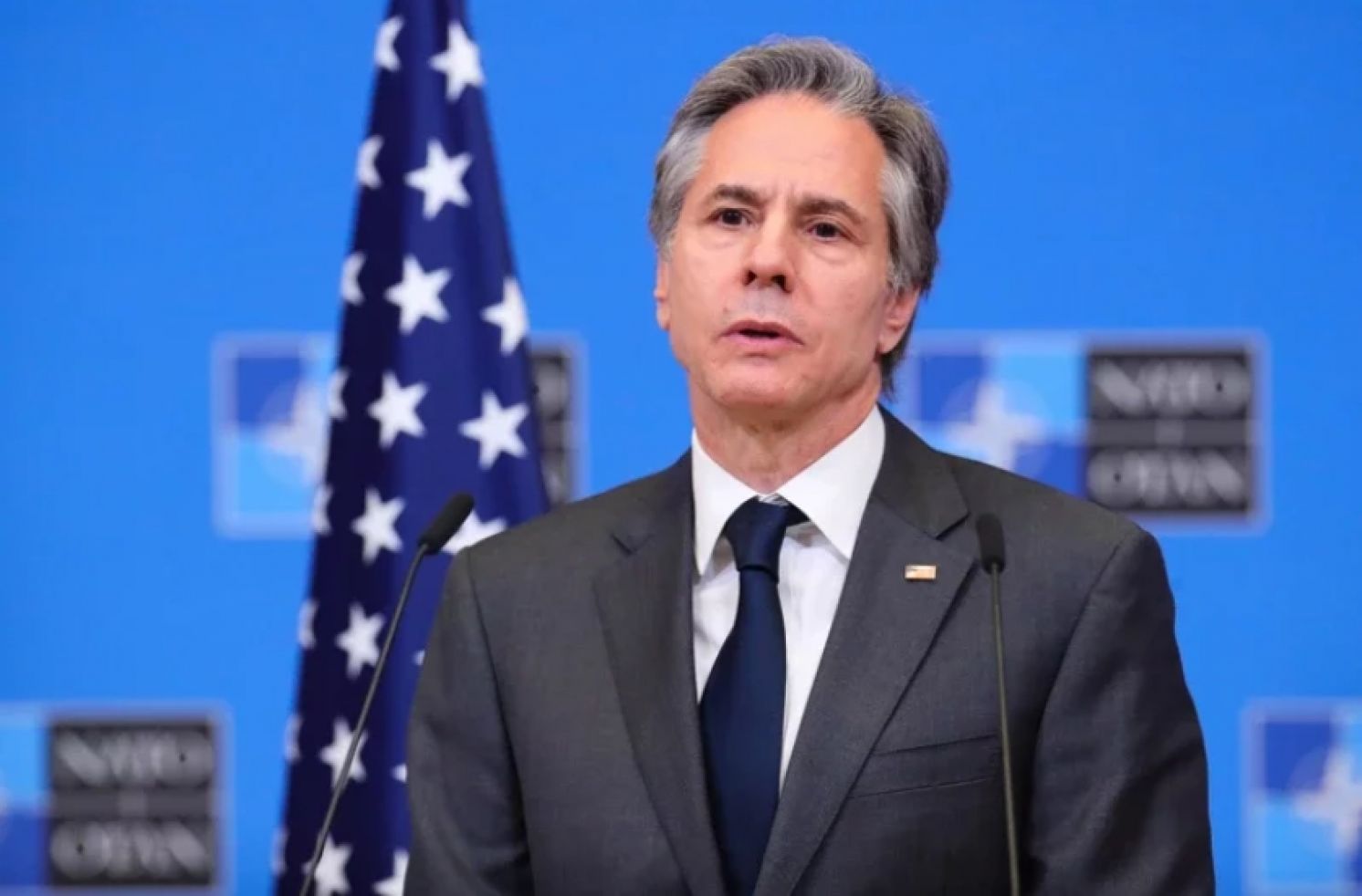
This Week in Taiwan 0925-1001
September 25: Vaccine supplies were limited when the pandemic surged in May last year. But according to statistics compiled by the Central Epidemic Command Center, as of September this year, 53.5 million doses of various brands of vaccines were purchased by the government, of which 3.5 million doses or about 6.5 percent were expired and destroyed, wasting about NT$1.2 billion (about US$37.6 million) in public funds. In particular, more than NT$500 million (about US$15.7 million) of Medigen vaccines were destroyed, the most among all brands of vaccines.
September 25: During an exclusive televised interview, Secretary of State Antony Blinken stated that turmoil in the Taiwan Strait will impact the world, and if something goes wrong in Taiwan, the base of semiconductor manufacturing, the global economy may suffer a devastating impact.
In order to consolidate Taiwan's semiconductor advantage, Minister Wu Tsung-tsong of the National Science and Technology Council stated that an expert review committee will be formed to define core technologies, and semiconductors will definitely be listed on the list of core technologies.
September 26: Former Miss China Chang Shu-chuan, who was falsely accused by media commentator Chou Yu-kou to have had an affair with Chiang Hsiao-yen, former secretary-general of the Office of the President, went to the Taipei District Prosecutors Office in the morning and rang the bell to sue Chou for damaging her reputation. She reprimanded Chou for talking non-sense, making a drama out of nothing, and smearing rumors, and cried emotionally why Chou has to bully a person who does not have a microphone. Chou bowed and apologized loudly to Chang in front of a large number of media, but Chang refused to accept the apology. Chou's political commentary program on FTV News was moved from the popular channel 53 to the unpopular channel 152.
September 27: Former Secretary of State Mike Pompeo visited Taiwan for a second time. In his speech at the Global Taiwan Businesspeople Forum, Pompeo stated that Taiwan is already an independent country and needs not declare independence. One of the proudest things that he did as secretary of state was to let the American government and people become more aware of this political and diplomatic reality.
September 28: Republicans in the United States House of Representatives introduced a version of the Taiwan Policy Act bill on September 28. Compared with the version passed by the Senate Foreign Relations Committee in the middle of the month, the House version retains sensitive diplomatic provisions, including that the appointment of the director of the American Institute in Taiwan (AIT) requires the approval of the Senate. The House version similarly plans to provide with Taiwan with $6.5 billion in military aid over the next five years.
September 29: Entry quarantine measures were greatly loosened, with the "3+4" policy relaxed to accommodate to "one person, one room" for the entire quarantine period, and the requirement to show a negative PCR test report before boarding will be canceled. The Executive Yuan announced that starting October 7, a "0+7" policy will be implemented, and no home isolation will be required. Taiwan will open to 150,000 visitors a week.
September 29: In a side interview with Financial Times during the United Nations General Assembly, President Mario Abdo Benitez of Paraguay, Taiwan's only diplomatic ally in South America, called upon Taiwan to invest $1 billion in Paraguay because the Paraguayan people need to "feel the real benefits" to help him fend off intense pressure to turn diplomatic recognition towards China. Taiwan has invested more than $6 billion in countries with which it has no diplomatic ties, he said, of which he hopes that $1 billion will go to Paraguay.
Spokeswoman Joanne Ou of the Ministry of Foreign Affairs stated that Paraguay's foreign minister has clarified to Taiwan's ambassador that there is no quid pro quo in the diplomatic relations between the two countries.
September 30: President Tsai Ing-wen went to Kaohsiung to preside over the delivery ceremony of the Yushan, the Navy's first 10,000-ton amphibious dock transport ship. She emphasized that in the face of China's military threats, only by strengthening defense capabilities can there be true peace. In June this year, the Yushan ship was tested in the dock. There was an accident in which the rear part of the cabin was flooded, and the related system lines were soaked in seawater. Whether the incident affects quality has attracted scrutiny.